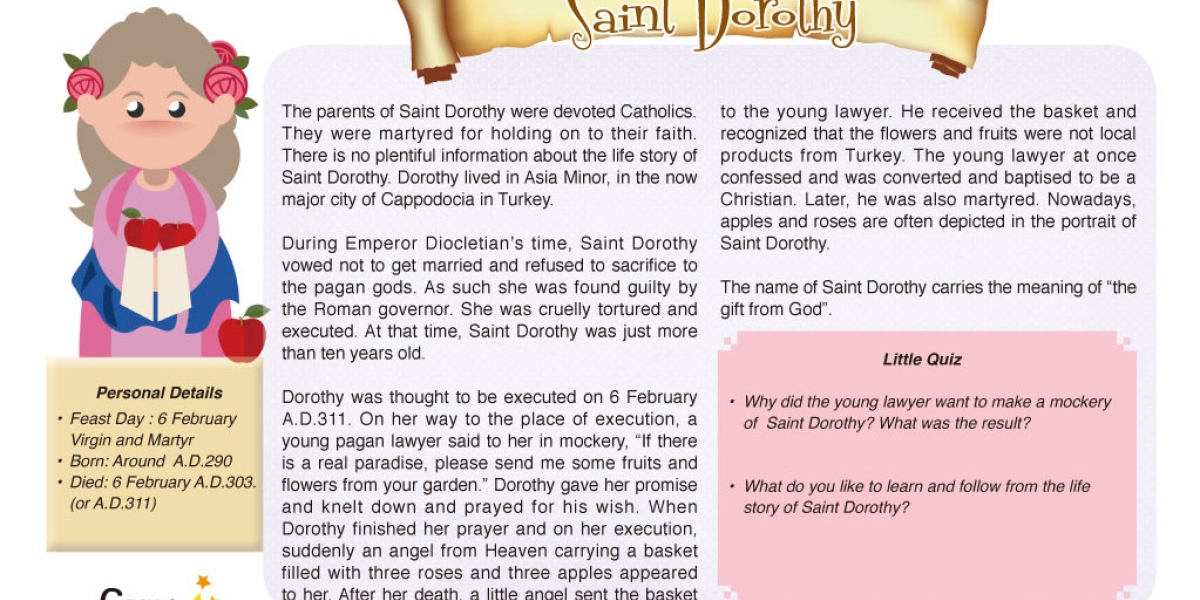昔日文章


If you were...
2017.09.30
What would you react if you were Toby?
Every Sunday Toby gets to meet up with his grandparents together with his mom and dad after Mass. They usually go for lunch at a different place each time. Toby enjoys this family gathering. He likes food and appreciates the atmosphere. Everyone casually(隨意)tells a little about what has taken place(發生)during the week, the others feedback a bit to keep the conversation(對話)going.
Today is Sunday again, also, it’s National Day(國慶日), which means there will be another holiday tomorrow. There is absolutely no rush and Toby’s family can spend more time to have a very relaxing lunch. When the piles and piles of bamboo steamers(蒸籠)arrived at the table, all started to take big gulps(一大口) of food hungrily. After a round of dim sum, they slowed down and started chatting and eating at the same time. Toby’s grandparents kicked off(開始)with the latest political(政治) climate and issues(事件), condemning (譴責)one of the political parties which Toby’s parents strongly support. Apparently(當然)Toby’s parents defended(辯護)the accusations (指控)and reiterated(重申)the stance(立場)of that par ty. So happens there will be a procession (遊行) by that same party in the afternoon, Toby’s parents wanted to bring Toby along to show support. Of course, this idea irritated(惱怒)the old folks a lot. A happy gathering turned into a heated(激烈的) debate. In one hour’s time, the procession will start. All four adults are waiting for Toby’s decision as to join the walk or not.
What would you react if you were Toby?
I am at such a young age, politics is not for me. I will keep my ears shut and pay no attention. Of course, I will not join the procession as there are much better things to do for a teenager.
I should respect different thinking from different people, try my best to understand controversial (爭議)viewpoints though I may not fully catch (理解)them. I should be aware of whatever is happening in the place I live in. I should not limit myself to purely listening to people near me, I should also search for more information from different sources, then draw(作出)my opinion (看法). When I get older, I may have another viewpoint, and nothing is binding(具約束性), I can think differently at different life stages. There is no need to be afraid to take a wrong stance.


Stories behind famous saysings
2017.09.23
By heart
It has been almost a month since the new academic year began. Most of you might have been very busy with homework and tests. What is the best way of learning which you have experienced so far? Practice, discussion and summarisation, etc.? One of the most common learning techniques is to study “by heart”.
You may wonder why we say “by heart” rather than “by brain” or “by head”. The idiom “by heart” has a fairly long language history. It originated from the Ancient Greeks(古希臘人). As early as the 4th century B.C., the Greek philosopher and scientist, Aristotle(亞里斯多德), identified the heart as the most important organ of emotion. He also said that the heart, rather than the brain, was the centre of intelligence and memory. His mistaken argument has influenced the development of medical science for many centuries, and even the formation of the popular English expression “by heart”.
Diana learned all the passages by heart.
I know these songs all by heart.
However, it is important not to confuse the meaning of “by heart” with that of “by rote”.
Mary learned the idioms by heart (牢記在心).
Tom recited the long poem by rote (死記硬背).
When Mary learned the idioms by heart, she understood the meanings of the idioms and remembered them well. However, when Tom learned the poem by rote, he memorised every single word but might not understand the poem at all.
Unfortunately, Hong Kong schools nowadays still rely on rote memorisation. Do you think that this method should be avoided?
Glossary
Academic year 學年
Summarisation 總結
Organ 器官
Emotion 情感
Intelligence 智力
Memory 記憶力
Confuse 混淆
Rely on 依賴


Saints
2017.03.11
Saint Dorothy
Personal Details
• Feast Day : 6 February Virgin and Martyr
• Born: Around A.D.290
• Died: 6 February A.D.303. (or A.D.311)
The parents of Saint Dorothy were devoted Catholics. They were martyred for holding on to their faith. There is no plentiful information about the life story of Saint Dorothy. Dorothy lived in Asia Minor, in the now major city of Cappodocia in Turkey.
During Emperor Diocletian’s time, Saint Dorothy vowed not to get married and refused to sacrifice to the pagan gods. As such she was found guilty by the Roman governor. She was cruelly tortured and executed. At that time, Saint Dorothy was just more than ten years old.
Dorothy was thought to be executed on 6 February A.D.311. On her way to the place of execution, a young pagan lawyer said to her in mockery, “If there is a real paradise, please send me some fruits and flowers from your garden.” Dorothy gave her promise and knelt down and prayed for his wish. When Dorothy finished her prayer and on her execution, suddenly an angel from Heaven carrying a basket filled with three roses and three apples appeared to her. After her death, a little angel sent the basket to the young lawyer. He received the basket and recognized that the flowers and fruits were not local products from Turkey. The young lawyer at once confessed and was converted and baptised to be a Christian. Later, he was also martyred. Nowadays, apples and roses are often depicted in the portrait of Saint Dorothy.
The name of Saint Dorothy carries the meaning of “the gift from God”.
Little Quiz
• Why did the young lawyer want to make a mockery of Saint Dorothy? What was the result?
• What do you like to learn and follow from the life story of Saint Dorothy?


Saints
2017.01.21
St. Anthony the Abbot
Personal Details
• Feast Day : 17 January Father of Monks
• Born : 251 A.D.
• Died : 356 A.D.
St. Anthony was born in Egypt in A.D. 251 to a wealthy family. When he was 18 years old, his parents died. One day he prayed and read from the Bible, “If you wish to be perfect, go, sell what you have and give to the poor, and you will have treasure in heaven. Then come, follow me.” He was moved by these words and decided to follow Jesus. He gave away all his property except what he and his sister needed to live on. A few days later, when praying he heard, “Do not worry about tomorrow”, he gave away everything else.
St. Anthony was penniless. He entrusted his sister to a convent. He went into the woods alone to live a life of praying and fasting, separated from the world for 20 years. Then he came back and founded the first monastery at the age of 54. To be a monk, one would be locked up alone in a room to pray and not allowed to go out. St. Anthony told his disciples about various house rules. This became the early formation of monastic community and monastery regulations.
St. Anthony was a hermit; nevertheless, at the request of the Bishop, he visited Alexandria to respond to the bad teachings of Arius. St. Anthony devoted his whole life fully to the service of God. He would never fall sick. He said his last words of good-bye to his fellows and died peacefully at the age of 105.
Little Quiz
• Why did St. Anthony give away all his property to the poor?
• What kind of life was St. Anthony living when he became penniless?
• Reflecting on the life of St. Anthony, what are the challenges for you?


